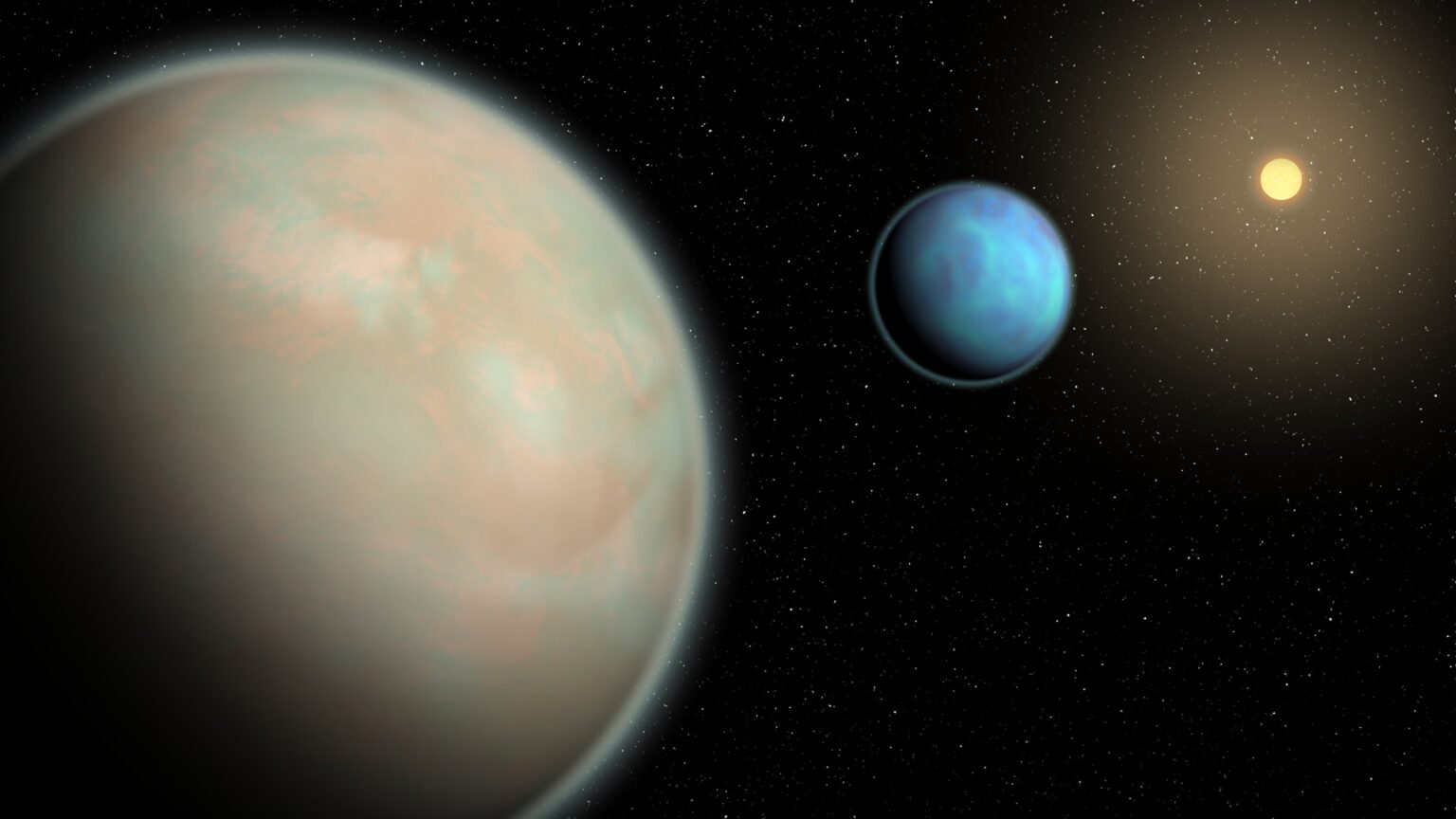American researchers decided to test how much our ideas about conditions on other planets could be influenced by particles scattered in their atmospheres. They modeled an alien haze in the laboratory and studied how light passed through it.

Experiment with aerosols
If we are looking for life on another planet, then we need to find an atmosphere similar to Earth’s. And our gas shell is characterized by the presence of liquid and solid aerosols, which we call haze and dust. Recently, scientists from Johns Hopkins University thought about this fact.
In an article published on November 27, they talked about their experiments, during which they tried to create an alien haze. For the first time, they could experimentally show how much of it could be formed under certain conditions in the atmosphere of an exoplanet.
The researchers used a special installation for this purpose, in which various liquid and solid particles could be mixed with air. Experts tested two air mixtures. One contained water, and the other contained some substances that had already been found on exoplanets.
Scientists irradiated these mixtures with ultraviolet light to simulate how light from a star launched chemical reactions that form haze particles. They then measured how much light was absorbed and reflected to understand how they would interact with it in a real atmosphere.
Why is it important to study alien haze?
The most important result of the experiments is that the characteristics of the interaction of light with the simulated haze turn out to be the same as those of the exoplanet GJ 1214 b. The new data corresponded better to the results of studies of its atmosphere than any experiments conducted earlier.
The scattering and reflection of light on solid particles and water droplets can greatly affect the characteristics of the spectrum. This means that the assessment of the chemical composition of the atmosphere may be incorrect. And this already affects our ideas about how suitable the planet is for life.
In addition, scientists are sure that the alien haze also directly affects the possibility of life on the planet. Its particles can transmit different wavelengths to the surface in different ways, creating certain conditions for the development of organisms.
According to phys.org
Follow us on Twitter to get the most interesting space news in time
https://twitter.com/ust_magazine


